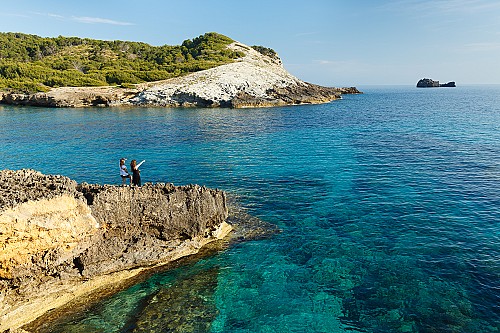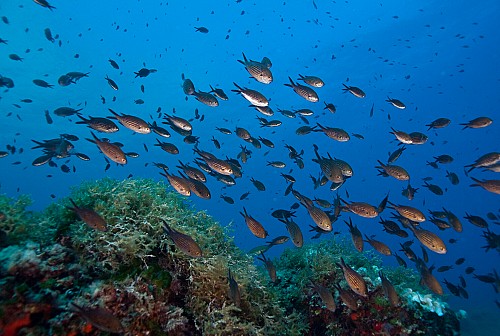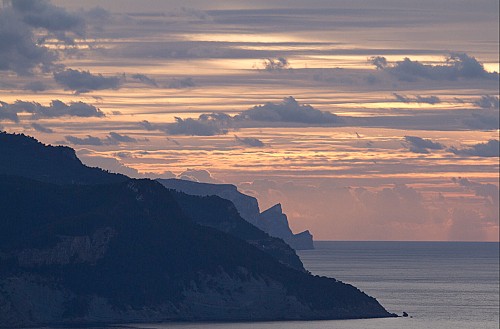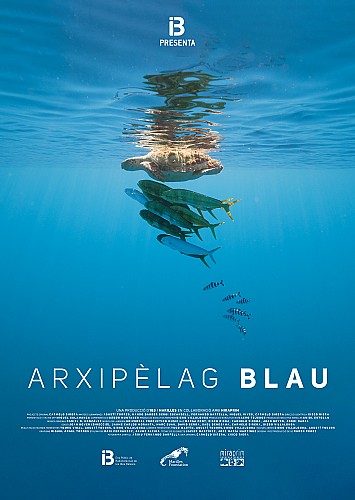Balearic Islands, the capital of Mediterranean marine protected areas
Published 10.06.2022
Share
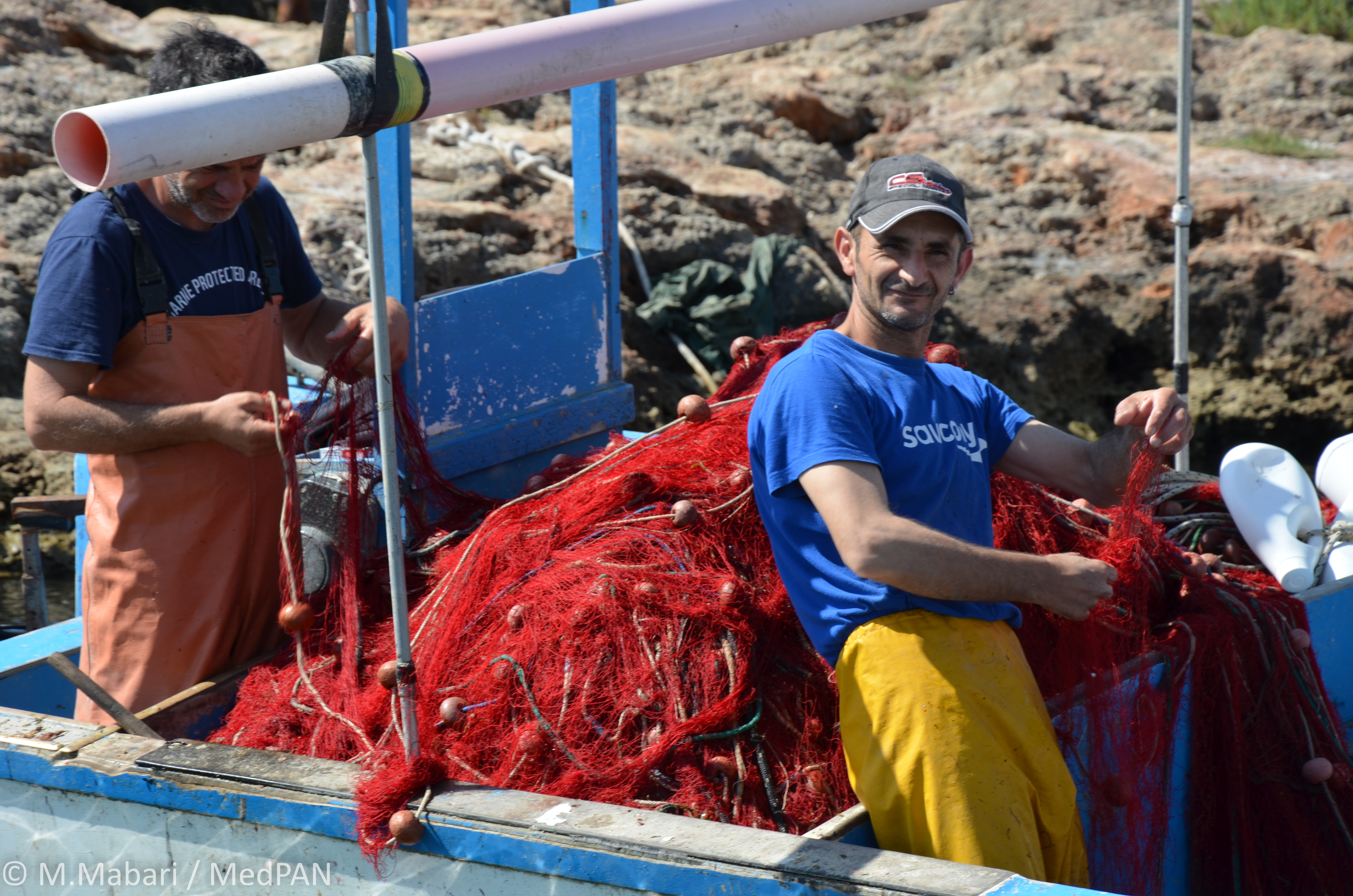
One hundred scientists and managers of marine protected areas (MPAs) from 18 European countries will meet in Palma to share the results of the two European Interreg MED projects: MPA NETWORKS and MPA Engage.
From 14 to 17 June,MedPAN, the Institute of Marine Sciences of the Spanish National Research Council (CSIC), and Marilles Foundation will host the final event in a hybrid format of the two Interreg MED projects in Mallorca and Barcelona.
The objective of this final event is to discuss the key results and recommendations of these two European projects focused on key issues for MPAs: management effectiveness, small-scale fisheries management, conservation of mobile species, sustainable financing, and adaptation to climate change. Participants will contribute to expanding the solutions identified in the projects andvoicing key recommendations for decision-makersfor the benefit of the entire community of Mediterranean MPAs.
Monday, 13th June: Meeting of the scientific committee
The MedPAN Scientific Committee gathers 12 scientists from all over the Mediterranean and beyond. It is a key governance body of the network that mainly advises MedPAN’s Board of Directors on the scientific aspects related to MedPAN’s activities and its many partnerships.
Tuesday 14th and Wednesday 15th June: Technical workshop in Palma
Tuesday morning is dedicated to a field trip to the El Toro - Malgrats Marine Reserves, some of the earliest (and smaller) MPAs in Spain. They are in the legal process of unification and greatly increasing their surface area (x12!). The enlargement of these small, protected areas and the inclusion of strongly protected (no-take) areas is key for the protection of the marine environment.
In the afternoon, the opening session will be chaired by the local authorities (Environment and Fisheries local government ministers) andthe debates will start. The fourthematic roundtables in the evening and on Wednesday morning will present and exchange the results and lessons learned from the two projects; share solutions; and identify priorities, ways forward, and recommendations in terms of capitalisation, replication, and financing.
Thursday, 16th June: Policy workshop in Barcelona
Organised right after the technical workshop, the policy event will provide the opportunity to present the outcomes and conclusions of the discussions in Palma. The Union for the Mediterranean (UfM) will launch the opening session. Two roundtables will further discuss key recommendations from a policy point of view. The first will be chaired by the Specially Protected Areas Regional Activity Centre(SPA/RAC) and will debate MPA management effectiveness and resilience in a changing ocean. The second roundtable, chaired by UfM, will discuss the sustainable funding of marine conservation and strengthened cooperation.
This series of events is very timely happening just before the UfM Blue Finance conference and the UN Ocean Conference.
"Together we are stronger. The mobilisation of all relevant actors is necessary to meet the challenges of marine protected areas in the Mediterranean. The MPA NETWORKS and MPA Engage projects have been key to capitalising on and initiating new actions in this direction. The joint events in Palma and Barcelona will be important to share solutions and identify priorities and ways forward."~ Marie Romani, executive secretary of MedPAN
“It is no coincidence that the Balearic Islands once again become the Mediterranean capital of marine protected areas. With 20% of the sea protected, one of the largest National Parks in the Mediterranean, and a network of marine reserves that are helping to improve fish populations, the Balearic Islands can establish themselves as a leader in marine protection at the Mediterranean level. However, they also have a lot of homework to do and a lot to learn. For example, the highly protected surface of the Balearic Sea is 50 times smaller than it should be in 2030 and they have less than 8 years to achieve this.”~ Aniol Esteban, director of Marilles Foundation
“The Mediterranean, in addition to being a hotspot, is one of the regions most affected by climate change. In fact, the Mediterranean Sea is warming three times faster than the average ocean. Battling the climate crisis, marine protected areas can play an essential role. However, these areas urgently need to integrate the climate change dimension into their management plans. The MPA Engage project has focused on providing managers with effective tools to put the network of marine protected areas at the forefront of the climate change adaptation and mitigation strategy.”~ Joaquim Garrabou, researcher at the Institut de Ciències del Mar del CSIC.
Marilles participates as a partner in the European Interreg MED MPA NETWORKS project. The project — funded 85% by the Interreg MED programme — is coordinated by MedPAN and brings together tenMediterranean partners, mainly MPA management bodies from seven countries: Albania, Croatia, France, Greece, Italy, Slovenia, and Spain.
In addition to organisingthe final event, Marilles has played a very prominent role in the MPA NETWORKSproject. The results of the study in Cala Rajada-Llevant — which show that €10 of profit is generated for each €1 invested in this MPA — have had international repercussions, and the methodologyis being used in other parts of the Mediterranean.
“This study shows that investing in marine protected areas pays off. We hope we have done our bit to improve the effectiveness of MPAs and have also contributed to better funding.”~ Aniol Esteban, director of Marilles Foundation.
MARE photographers back up marine conservation efforts
The winning works of MARE, the Audiovisual Contest for the Conservation of the Balearic Sea, are exhibited at the event. The MARE community of photographers is thus linked to the dissemination of the 7 key messages and the 44 actions proposed to reach, by 2030, a strong network of MPAs in the Mediterranean that are ecologically representative, managed and monitored effectively, and keep their managers connected, to guarantee the long-term conservation of marine biodiversity. This exhibition will travel this summer through the municipalities of the island that request it.
Contact and more information
- Check the programme ofthe final event.
- Press kit with audiovisual material to illustrate the news, as well as the material that will be generated in the coming days.
Ana Peña, communication Fundación Marilles – 676254404 ana.pena@marilles.org
Antoni Font, Marilles-MPA Networks – 670658599 tonifontg@gmail.com
Joaquim Garrabou, researcher ICM-CSIC–606 00 73 21 garrabou@icm.csic.es
Magali Mabari, communication MedPAN magali.mabari@medpan.org
About the MPA NETWORKS project

MPA NETWORKSpromotes the dynamics of cooperation between MPA managers at all levels in the Mediterranean. The MPA NETWORKS project has focused on providing sustainable solutions to challenges that require an approach that goes beyond the boundaries of MPAs. These challenges include the global issue of management effectiveness, and more specifically the management of small-scale fisheries in MPAs, the conservation of mobile species, and the development of sustainable financing mechanisms for MPAs. The project has also helped to strengthen networks of MPA managers at national, sub-regional, and Mediterranean levels and to ensure capacity building and scaling up of good solutions and policy recommendations. Map of the partners locations
About the MPA Engage project

MPA Engage, led by the Institute of Marine Sciences of the Higher Council for Scientific Research, is financed by the Interreg MED programme with a budget of around €3 million. MPA Engage had the main objective of supporting Mediterranean MPAs to adapt to and mitigate the effects of ongoing climate change in the Mediterranean Sea. Using a participatory approach, MPA Engage harmonizedmonitoring of climate change impacts, prepared vulnerability assessments, and developed climate change adaptation action plans in eightmarine protected areas located in sixMediterranean countries, namely Albania, Croatia, France, Greece, Italy, and Spain.

